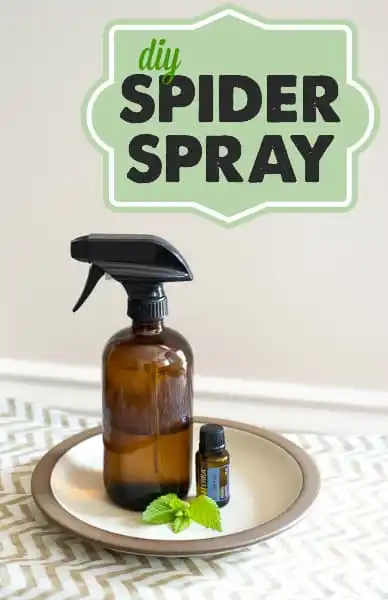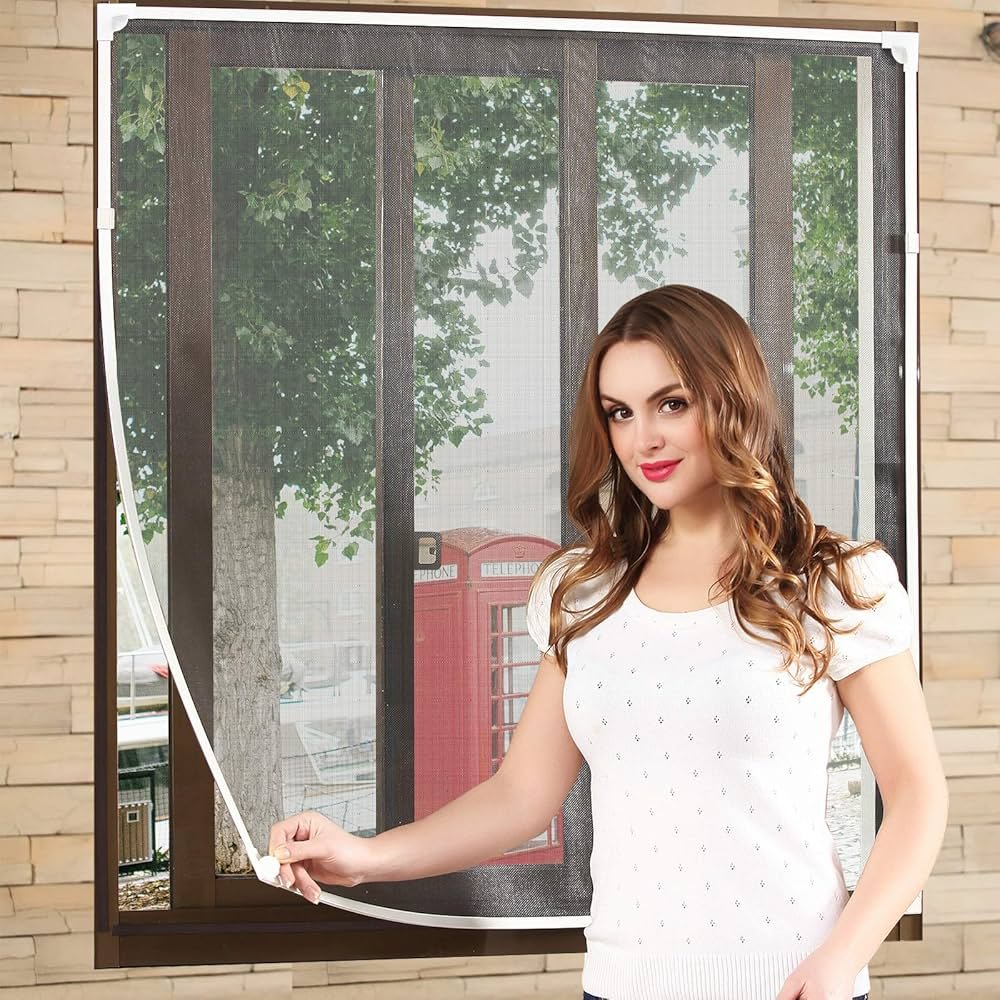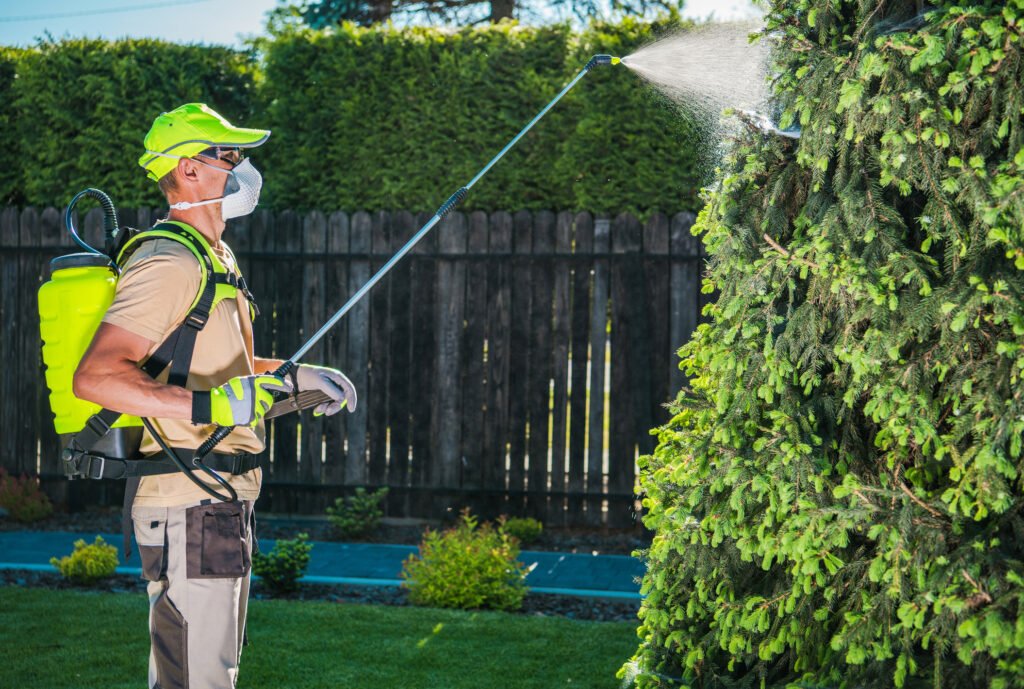
Top 10 Expert Tips | to Get Rid of Spiders Permanently
Spiders make for an unwanted guest in homes, and their very sight could send shivers down your spine every time you spot one scuttling across the floor or dangling at some corner. While most spiders are harmless and even helpful in controlling other insect populations, most people would rather not have them inside their homes. But how do you remove spiders from your home once and for all? Here are 10 expert tips that will give you ways of not only eliminating the spiders that already exist in your home but also ensuring that they do not come back. Follow these recommendations, and you are assured of a spider-free home.
1. Keep Your Home Clean and Clutter-Free

A clean and neat home has less attraction for them to dwell in. As all experts’ opinion suggests, cleanliness is the primary defense line against the invasion of spiders. They like cluttered areas where they can hide without any disturbances. Places like basements, attics, and closets become hotspots for spiders because they are usually neglected while cleaning.
- Extra Step: Do not let the web remain. Remove the webs. A spider would return to its web since they would use their webs again, taking down the webs is damaging their space.
Pro Tip: Regular vacuuming and dusting may be done, especially in the ceiling corners, under furniture, and in storage spaces. It also helps in removing the spider eggs, hence reducing or eliminating the chances of further spider infestation. Decluttering these areas further reduces the number of good hiding places that may invite spiders to stay.
2. Seal Cracks, Gaps, and Entry Points

They can enter your house through small cracks and gaps that perhaps you wouldn’t have even thought existed. One of the best ways to ensure spiders do not enter your premises for good is by sealing off all potential entry points. It is recommended that the foundation, walls, doors, and windows be examined for any cracks or gaps and seal them.
Materials to Be Used:
- Caulk, to be used to fill up gaps around windows, doors, and baseboards.
- Weatherstripping around doors to inhibit spiders from squeezing in.
- Expandable foam for larger gaps, especially around pipes and vents.
Pro Tip: Less obvious entry points such as utility lines, dryer vents, and chimneys often go unchecked. These are the usual entry points where spiders gain access to your home, sealing them off will cut their access significantly to your home.
3. Natural Spider Repellents

If you prefer something a bit organic, then there are several home remedies effective enough to repel spiders. Most experts would recommend the use of essential oils, which serve as natural repellents. Most spiders are sensitive to smell; for this reason, using strong-smelling oils like peppermint, eucalyptus, tea tree, and lavender can deter them.
Preparation Directions:
- In a spray bottle, mix 10-15 drops of essential oil with water.
- Spraying it on the windowsill, doorframe, or baseboard will make it hard for spiders to cross.
- Spray as needed but no more often than every few days. Re-spray after cleaning the surface it was sprayed on.
Pro Tip: Vinegar is also an odor spiders dislike. A 50/50 solution of vinegar and water can be sprayed along sills and other smaller areas with an equally active spider repellent.
4. Install Window and Vent Screens

They can easily invade your house through open windows and doors, especially during the warm summer months. Experts recommend that people install mesh screens on windows, doors, and vents to avoid such situations. The mesh screen acts as a physical barrier to spiders and any other pests that might want to enter the house, but at the same time allows fresh air into your house.
What to Look For:
- Fine mesh screens are advisable since they will keep out even the smallest of spiders.
- Screen repair kits come in handy in case of any tears or holes that spiders can use to get inside your house.
Pro Tip: Also, check out your window screens for any damage. An even tiny hole might be used by spiders as an entry point.
5. Decrease Outdoor Light

Did you know that using outdoor lighting has an indirect effect of drawing spiders into your home? While spiders themselves have no attraction to lights, their sources of food, like moths, flies, and other insects, are lured by light. The spiders are then drawn to the perimeters of your home due to these insects.
What to Do: Try using yellow or sodium vapor lights outdoors, not so inviting to insects.
- Position motion-sensor lights so that the lights will not stay on for long.
- Switch off superfluous lights, especially those near entry points into your home, such as around windows and doors.
Pro Tip: Throwing lights away from entry points also reduces the number of spiders approaching your home.
6. Have a Clean Yard and Get Rid of Waste

Outdoor spiders often refuge in cluttered areas before finding their way inside. A well-maintained yard will lessen the likelihood of spiders making an entrance to your home. All overgrown plants should be cut back, while piles of wood, leaves, and other debris removed and your grass cut short.
Outdoor Maintenance Tips:
- Keep firewood and brush piles at least 20 feet away from your home.
- Prune trees and shrubs that reach your home, as spiders can use them as a bridge.
- Eliminate rock piles and any other items that might be used as shelter by spiders.
Pro Tip: A lot of people find gravel or stone borders to be quite helpful in keeping spiders from migrating toward one’s house.
Consider adding them around the perimeter of your home.
7. Use Spider Traps

Others may find it effective to capture spiders that wander around using sticky traps. These generally are available at most home improvement stores and are nontoxic, meaning they are safe to use around children and pets.
Where to Place:
- In dark corners
- Along baseboards
- Near entry points
Pro Tip: Change traps regularly and place them in spots where you’ve noticed spider activity.
8. Utilize Spider-Specific Insecticides

If these natural repellents are not working in your favor, you may want to use an insecticide specific to spiders. Specialists suggest that sprays are best applied along the outside foundation of your home, around windows and doors, and wherever spiders are most active.
Types of Insecticides:
- Residual sprays, which will offer long-term protection
- Aerosol sprays, for a fast and effective knockdown of spiders upon contact.
- Diatomaceous earth: this is a natural solution that can be spread around cracks and points of entry to kill spiders upon contact.
Pro Tip: Always follow the manufacturer’s instructions for applying insecticides carefully to ensure your safety as well as the safety of your kids and your pets, if you have any.
9. Control Moisture Levels

Generally, spiders are attracted to a cold, damp environment, since their appearance is usually restricted to the basement, bathroom, and kitchen. By reducing moisture in these areas, your home becomes less welcoming to them.
Ways to Decrease Moisture:
- Seal off any leaks in plumbing or pipes.
- Use dehumidifiers to remove dampness around the basements and bathrooms.
- Provide good ventilation by running an exhaust fan or opening windows.
Pro Tip: Check the molds and mildew since these are indicative of excess moisture, which could act like an invitation to spiders.
10. Call in the Pest Control Professionals

Sometimes, no matter how hard you try, spiders just keep coming back. If all else isn’t working, it is time to call in the pros. Pest control pros with licenses have the experience and equipment needed to manage serious spider infestations. They may inspect your home for the kinds of spiders inside and suggest the most effective course of action to keep them gone once and for all.
When to Call a Professional:
- You are dealing with poisonous spiders such as black widows or brown recluse spiders.
- The infestation is repeated, even after trying other means to get rid of the spiders.
- The spiders are causing some kind of damage or health concerns.
Pro Tip: Ask about preventative treatments that will not allow the spiders to show up again in your home for a long time.
Conquer spider infestation with these tips from experts that will make your home an unwelcome place for those eight-legged visitors. From natural essential oil solutions down to spider traps, you will learn how to eliminate spiders and keep them away using professional pest control methods. Keep reading and you may just end up having a no-spider home all year round!






